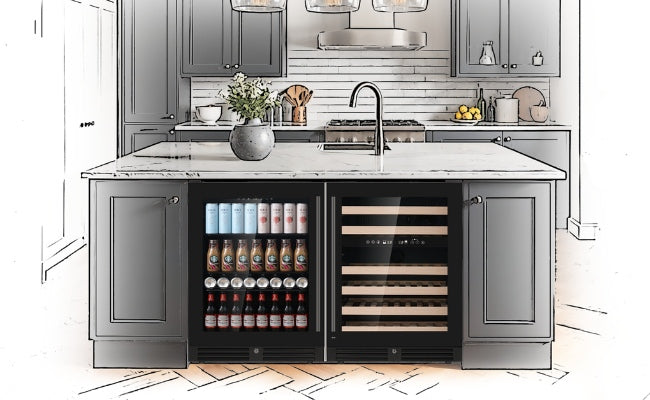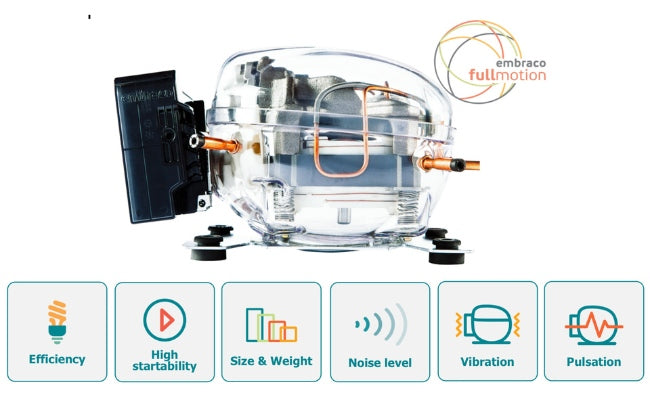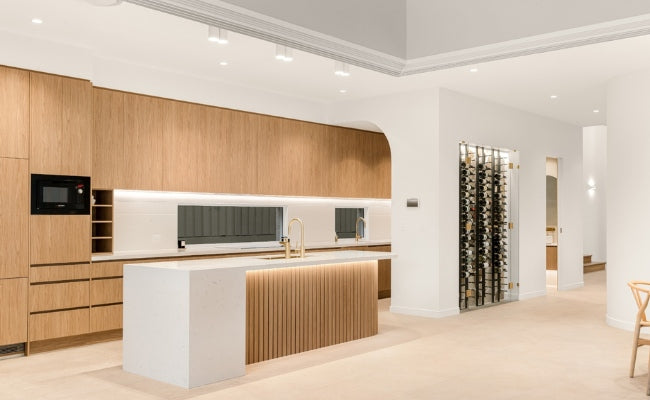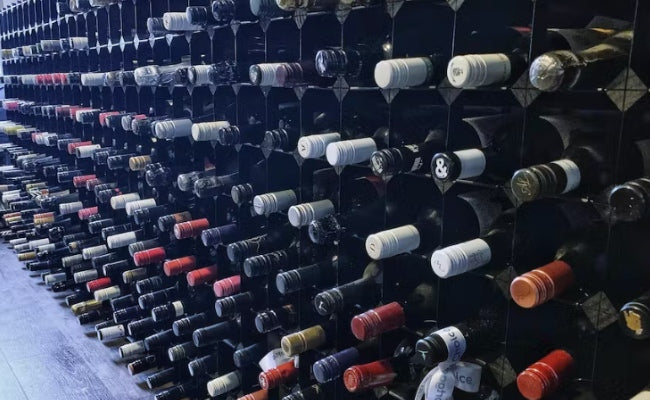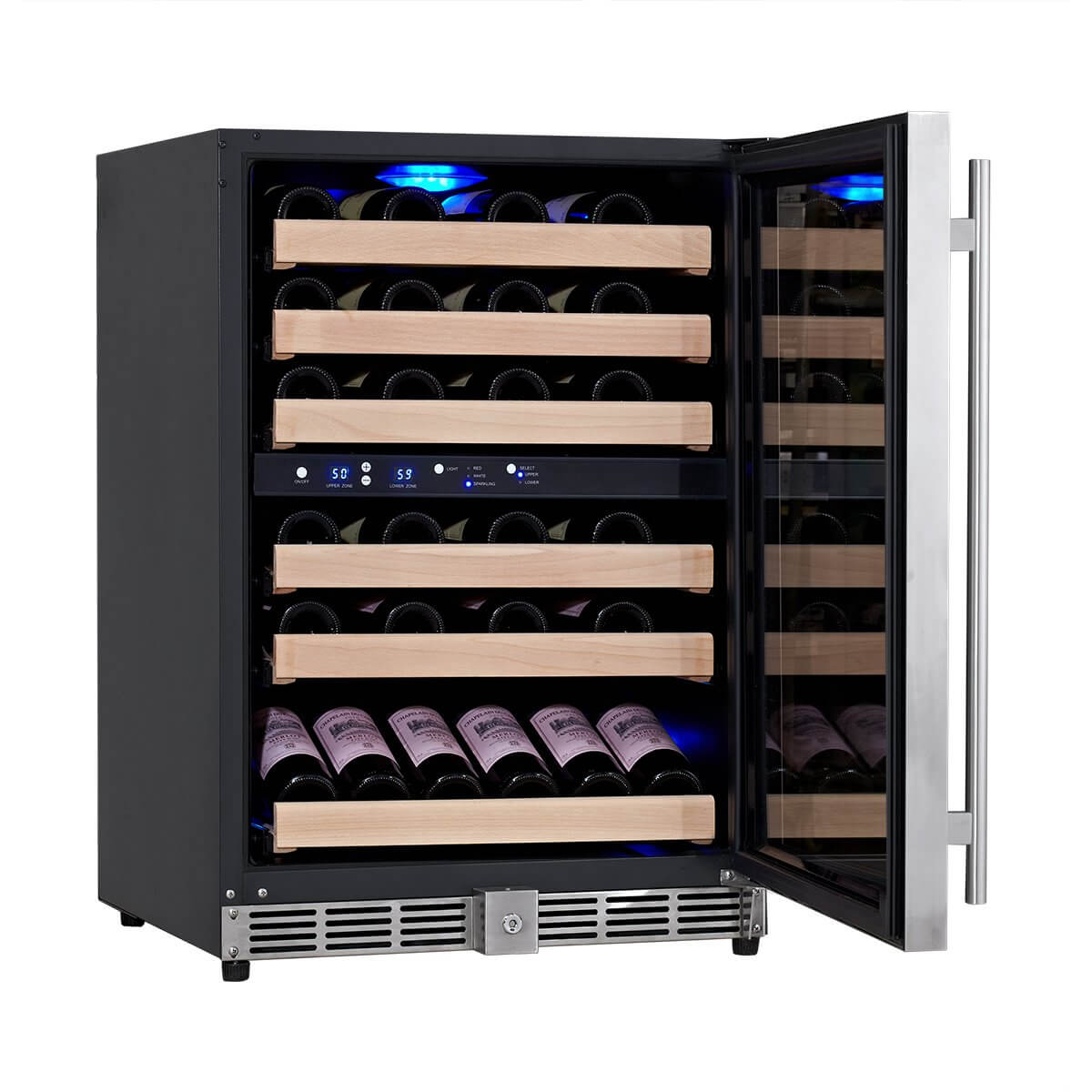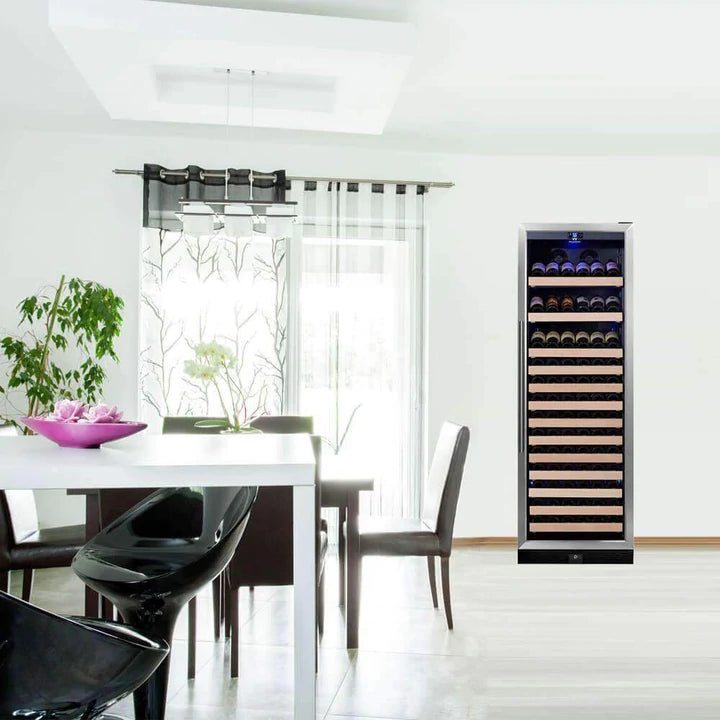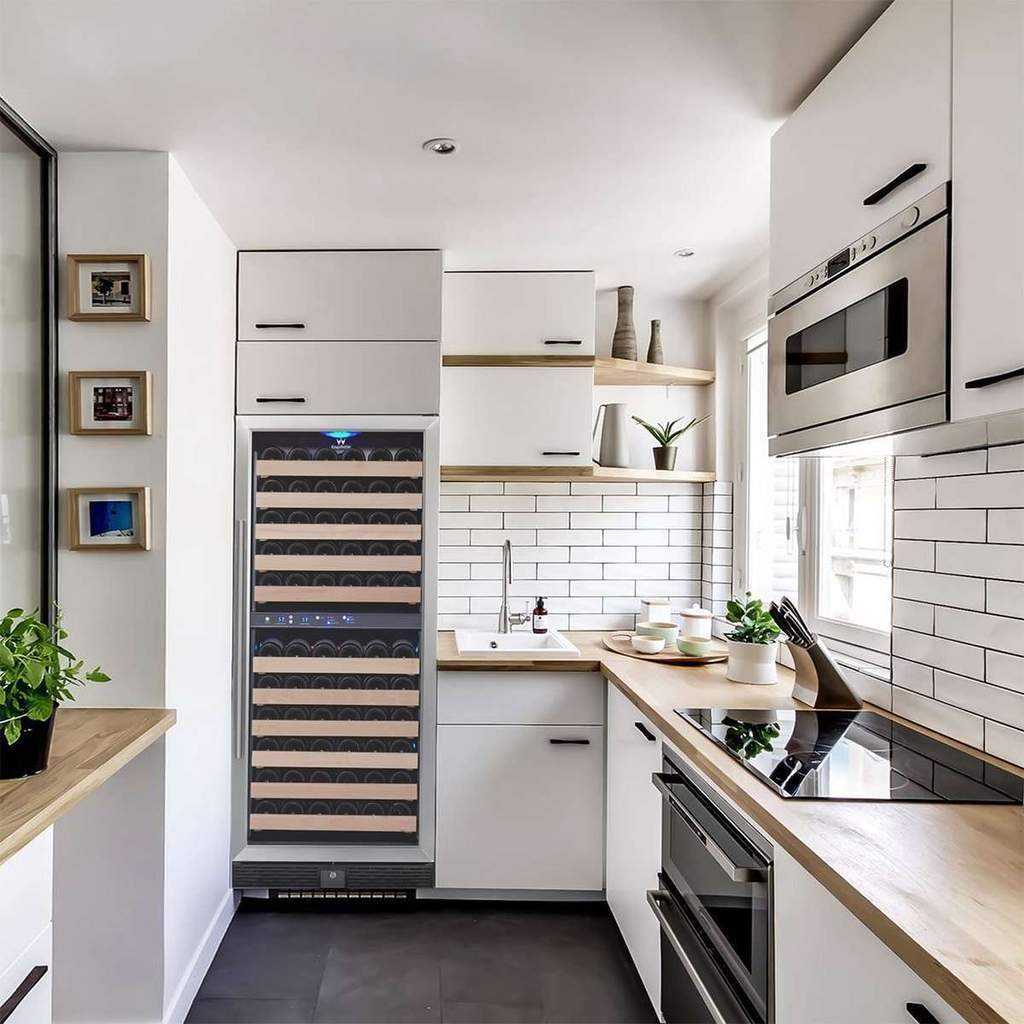
What's the Difference Between a Wine Refrigerator and a Standard Refrigerator?
Every wine enthusiast wonders at one point whether the refrigerator sitting in their kitchen is suitable for wine storage. But the wine chiller vs. refrigerator debate isn’t a debate at all. The answer is simple: you should never store your wines in a traditional refrigerator.
While it’s true that both wine coolers and refrigerators are designed to keep their contents cool, there are a few reasons why the refrigerator vs. wine cooler showdown will always have a clear winner.
What's the Difference Between a Wine Cooler, Wine Fridge, and Beverage Fridge?
If you’ve skimmed through articles like this one, you may be wondering what the difference is between a wine cooler and a wine refrigerator. What about a beverage fridge vs. wine fridge?
Are you feeling overwhelmed by the number of terms flying around? Don’t worry. Wine coolers and wine refrigerators have subtle differences. Both appliances serve the same purpose: the proper storage of wine, whether red or white.
A beverage fridge is similar to a wine fridge. Be wary, however, about storing your wines with other beverages—the wine will need a higher temperature. Depending on how you set the internal thermostat, you may be forced to choose between a bottle of wine that’s too cold or a can of beer that’s too warm.
Wine Cooler vs. Refrigerator: Which One Do I Need?
Whether you’re on your way to becoming a seasoned wine collector or you’re saving a couple of bottles for the anniversaries to come, your regular fridge may be tempting as a zero-cost wine storage solution. Plus, you don’t have to make extra room for a wine fridge.
But designated wine fridges—including dual-zone wine coolers—exist for a reason. Standard refrigerators weren’t designed to accommodate the delicate nature of wine. If you intend to maintain your wines for more than 3 to 5 days, a traditional fridge just won’t cut it. Here’s why.
1. Temperature
Temperature is one of the most critical aspects of wine storage. For most wines, the ideal storage temperature is somewhere between 45°F and 65°F. On the other hand, traditional fridges typically maintain a chilly average temperature of 40°F or below.
Temperature consistency is another issue. Fluctuations can cause your wines to expand and contract. This is a problem for corks, which can dry, crack, or even push itself out, leading to seepage and letting air inside the bottle, spoiling its contents.
Why would the temperature inside your fridge be inconsistent? Think about how many times your fridge is opened throughout the day.
2. Vibration
Do you ever notice your refrigerator humming? Household fridges require a motor and compressor. In practice, these components create subtle vibrations. If your compressor is due for a cleaning, these vibrations (and its accompanying loud buzz) might not be so subtle.
Vibrating wine can disrupt its natural maturation process. Constant vibration, in addition to the waves generated by built-in ice and water dispensers, can have a considerable impact on the integrity of your wines.
On top of maintaining the ideal temperature, a wine cooler fridge makes sure your wines are still. While wine fridges are also powered by compressors, they have a built-in vibration absorption system that minimizes tremors and even cuts down on noise.
3. Contamination
Most people enjoy drinking wine because of its full, rich flavors. Aromas vary widely between blackberry and cherry to licorice and cocoa. But what you don’t want is for your precious bottle of cabernet to include hints of leftover chili, or whatever else has entered and left your household refrigerator.
In a wine refrigerator, humidity levels are maintained so that corks remain impermeable and moist. On the other hand, traditional fridges are designed to suppress humidity—shrinking your corks and letting neighboring odors seep into and overpower your wine's natural flavors.
Find Designated Wine Fridges and Coolers From KingsBottle
If you’re looking for a quality cooler that will last, look no further than KingsBottle. With over ten years in the wine fridge business, we have the expertise to help you decide exactly what kind of wine fridge is best for you.
Are you interested in learning more about proper wine storage? Get in touch with a member of our team today.


